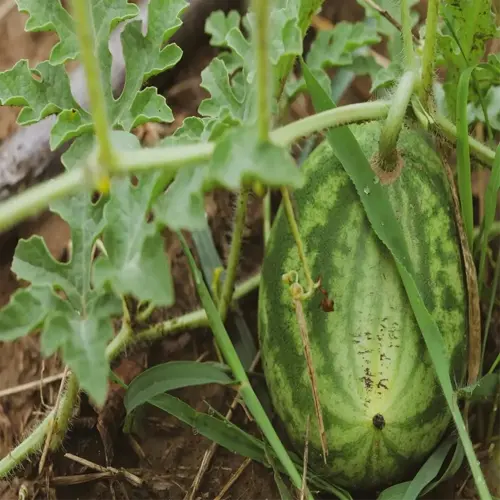What soil conditions do sunflowers prefer?

Written by
Kiana Okafor
Reviewed by
Prof. Samuel Fitzgerald, Ph.D.Sunflowers grow well in loamy soil that is well-drained, and it should have a pH level that is between 6.0 and 7.5. I have revived struggling sunflower plants by mixing aged manure compost into gardens with heavy clay soil, as their roots like to have some airflow to stretch. I always get a $10 soil kit to test the soil before planting. If your soil is acidic, use lime, and if it is alkaline, use sulfur.
pH Adjustment
- Acidic soils: Apply 5 lbs lime per 100 sq ft
- Alkaline soils: Add 2 lbs sulfur per 100 sq ft
- Retest: 4 weeks after treatment
Organic Matter
- Compost: 3 inches worked into topsoil
- Manure: Use aged to avoid root burn
- Cover crops: Buckwheat pre-planting
Encouraging proper drainage will help you avoid over-saturating plants with water. I have a client who planted sunflowers in a large clay garden that yielded very stunted plants. Eventually, we trenched 12-inch deep channels and filled them with gravel. It is also effective to couple water drainage with raised beds if you live in a flood zone where water accumulates. In sandy soil, I would layer coconut coir to help better retain moisture in a dry season.
Spring Prep
- Till: Loosen soil 18 inches deep
- Compost tea: Apply 2 weeks pre-planting
- Mulch: Wait until seedlings emerge
Fall Recovery
- Chop stalks: Leave roots to decompose
- Plant clover: Winter cover crop
- Test nutrients: Post-harvest analysis
Use a digital meter to monitor soil moisture as you only need an inch of water weekly for sunflowers and they don't like "wet feet." My neighbor was able to cut their water use by 40% and have bigger blooms with a sensor-controlled irrigation system. When grown in a container, use 30% perlite in your potting mix to replicate ideal loam drainage.
Read the full article: How to Plant Sunflowers: Expert Guide for Vibrant Blooms

